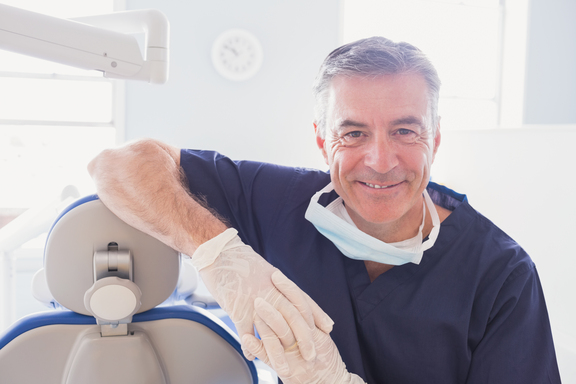Life in Dentistry “Post” COVID
Whether you are located in rural America or a major metropolitan area, dental practices and businesses in general are still feeling the effects of what COVID has done to the current job market. The lack of people looking to work at this time while the employment rate is at a claimed all time low is still riddling to me. This crisis has put added pressure on dentists and due to the lack of supply & high demand, employment terms and expectations have skyrocketed.
From our experience the ‘new’ norm for employment terms that we have been seeing regularly are:
· Hygienist getting paid between $36.00 to $45.00 per hour
· Assistants getting paid between $22.00 to $29.00 per hour
· Front desk getting paid between $18.00 to $23.00 per hour
*Does not include other auxiliary benefits
Employees have smelled the blood in the water and have been leveraging the supply & demand issue in effort to increase their pay and benefits either at their current location or taking a new job elsewhere. I’ve heard the same story on multiple occasions from dentists who have employees of decades that were viewed as “family” and were now being told that they have to increase their pay $5.00+ per hour otherwise they are going to work down the street.
Due to this staffing crisis from COVID-19, you could say “the rich get richer”. The pandemic has to be the best thing that ever happened to DSOs (corporate dentistry) for a number of reasons that we should discuss.
On top of competitive pay, DSOs are able to offer health benefits, 401k match, and continuing education to team members because they are able to operate at a lesser overhead than a general practitioner. These offered benefits cost significantly less for a DSO due to their shear volume. For most staff members that live pay check to pay check, this is a huge deal. This alone has allowed DSOs to recruit employees with more success than a privately owned practice during these times.
While the staffing costs may increase, the DSO will make up for it by utilizing their economies of scale on lab cost, supply cost, IT support, medical waste, insurance reimbursements, and so on. Due to the overall employment terms that a DSO can offer to those in the dental field, they have been adding experienced team members at the detriment of private practitioners. Private practices are having a tough time competing for employees all while operating at a higher overhead. More stress and less profitability is not conductive to a healthy mental state.
Even before the pandemic, the number one complaint from most dentists was human resources. This pain point has gotten even worse and it has added even more pressure on the shoulders of dentists. Dentistry was already stressful enough and now it has increased which has led many dentists to consider affiliating with a DSO to take the management headaches off their plate. We have been getting countless calls every month from dentists in their 40s and 50s who still have a lot of work life left but hate running the business. Partnering with a DSO has been a great decision for these doctors as it made them happier now that all management duties are off their plate. Most larger DSOs have employees that work for them internally to handle items like IT, Human Resources, Billing & Collections, Recruiting, Accounting, Insurance & Payor Relations, Compliance, Marketing, and so on…This allows you to just focus on your clinical dentistry while still making a healthy living. A lot of these doctors reaching are out are willing to compromise some income in return for happiness & freedom. The number of DSO owned and operated practices in American is now over 12% and like it or not, that number will continue to increase as the years go on.
I feel that there are two common misconceptions with DSOs:
1. They are all factories with production goals to where you will be forced to “sell” dentistry that patients don’t need. I will say that not all DSOs are created equal and like anything in life there is good, bad, and ugly. While a few of the early DSOs gave them a bad reputation, there are others out there that do not operate in this manner.
2. You will make significantly less money as you now are working as an associate and not the owner. While that could be true, it really all depends on how well the DSO you affiliate with does when they sell (recapitalize) and that is where choosing the right DSO is extremely important. Some DSOs have a joint venture (JV) model to where you actually get a quarterly distribution of the profits. Other DSOs allow you to invest into their parent company which could provide returns of 3x+ of the money you invested every five or so years. When you factor these two items into the equation, you could actually make more money and have less headaches.
If this article hits home and you have been unhappy managing your business like many in today’s environment, know that there are options out there.


